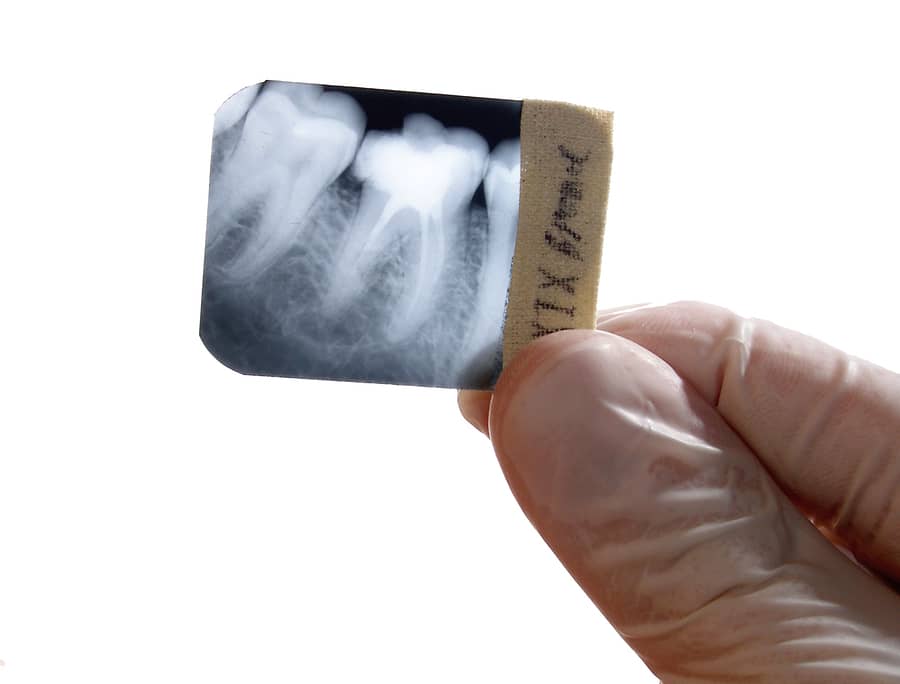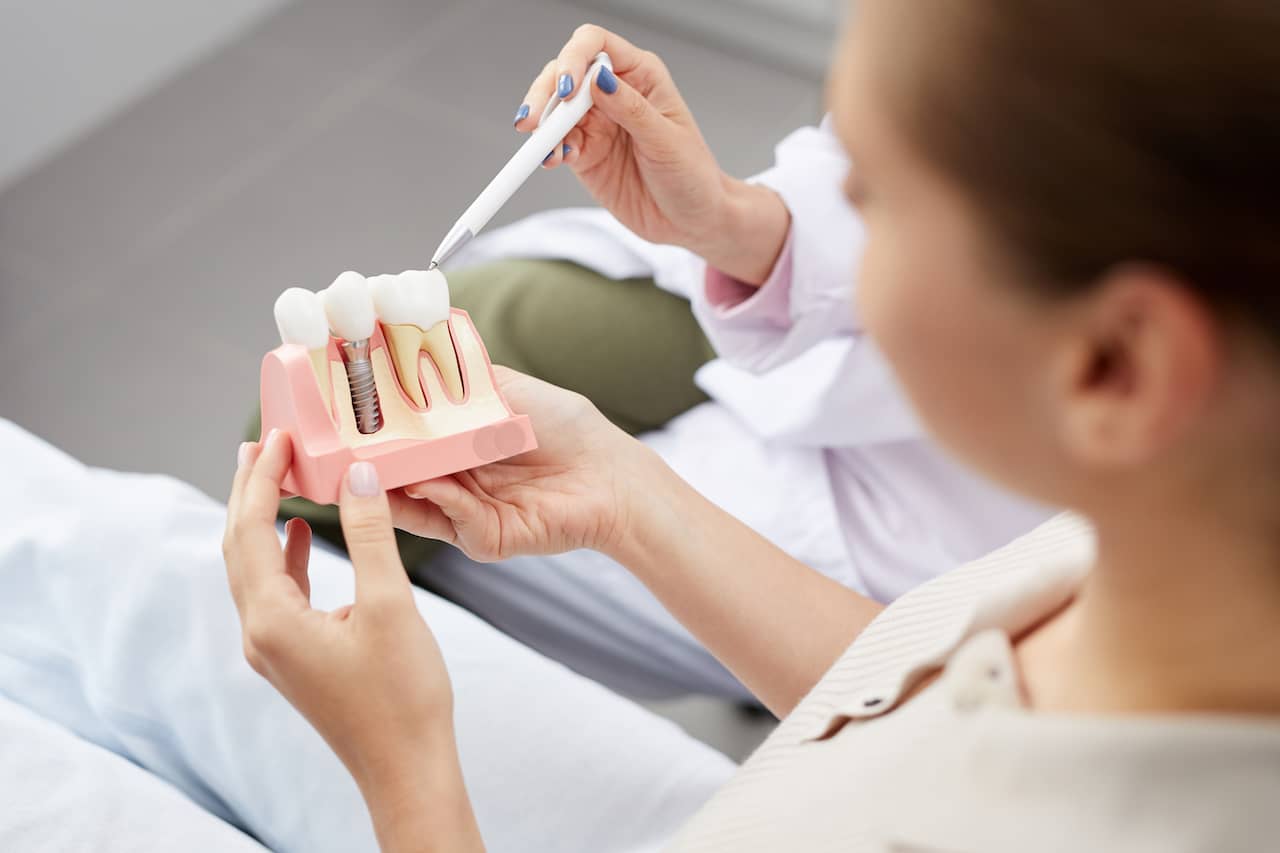What is Root Canal Treatment?

Root canal treatment is often discussed negatively, but this procedure is thankfully not as daunting as its reputation would have you believe. Also known as an endodontic procedure, a root canal involves removing the soft pulp centre of a decayed tooth, which includes the blood supply, nerves and connective tissue of the tooth all the way down the root. This space is then filled with a substance called gutta-percha (a natural latex-like material) and then sealed with a filling or a crown.
Why you may need to visit a root canal dentist
If your tooth pulp – rather than just the enamel or dentin – is infected or damaged, a root canal is usually required. Infection of the pulp occurs when a badly decayed tooth is left for too long. Damage can occur for many reasons, such as cracks, chips and other trauma. Your root canal dentist will be able to advise you whether you need this procedure, a filling or an extraction and the earlier you can be assessed, the better your outcome will be.


What to expect during root canal therapy
After a consultation and x-rays, your dentist will numb the tooth and surrounding jaw with anaesthetic and then attach a dental dam (to isolate the tooth and stop debris falling into your throat). The following steps will then be performed:
- Your dentist will drill into the tooth and clear out the pulp chamber and root canals. A root canal on crowned tooth can also be performed in the same way
- The canal is disinfected and then shaped with tools
- Gutta-percha and adhesive filler are inserted into the canals
- The access hole is resealed, and antibiotics are prescribed
If you require a crown, you will be given a temporary filling and be asked to return to have it fitted after the initial procedure has healed. A molar root canal is slightly more uncomfortable than a canine or front tooth, but you will be sufficiently numbed, so the discomfort only stems from sitting for some time with your mouth wide-open. You may feel some discomfort for a few days afterwards, but this can usually be alleviated with some over-the-counter pain medication.
Sure, root canals can be a little uncomfortable, but with our skilled root canal specialists at the helm, they have a 90% success rate and can actually be more relaxing than a basic filling, and certainly less traumatising than the alternative – an extraction. If you think you need a root canal, contact us for an assessment and rest assured you’re in good hands.

